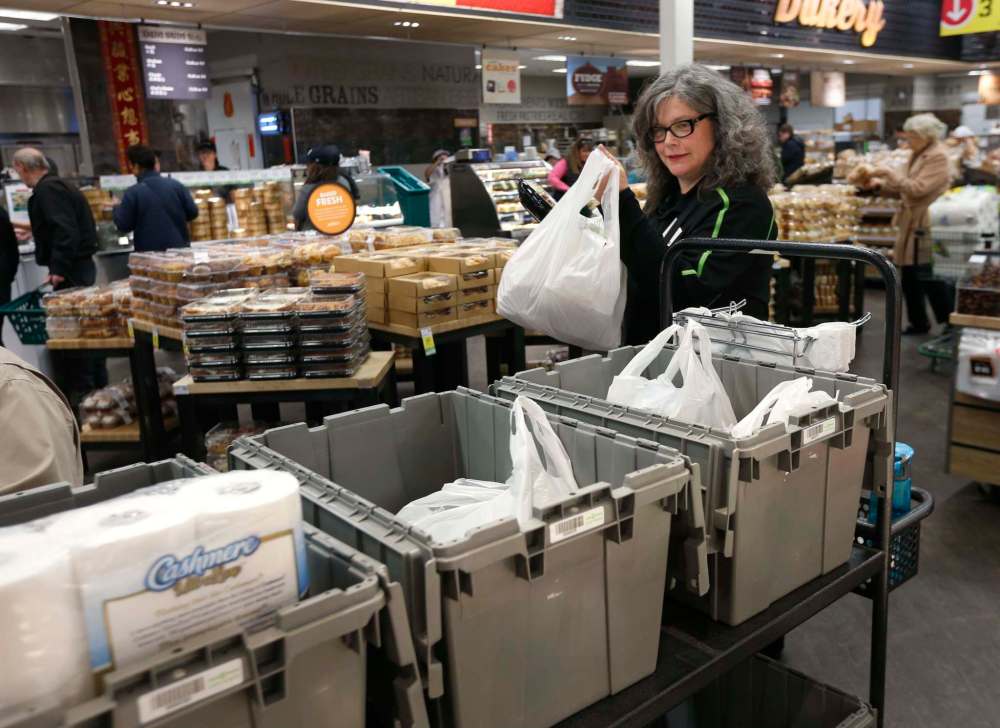National food policy deadline extended
Advertisement
Read this article for free:
or
Already have an account? Log in here »
To continue reading, please subscribe:
Monthly Digital Subscription
$0 for the first 4 weeks*
- Enjoy unlimited reading on winnipegfreepress.com
- Read the E-Edition, our digital replica newspaper
- Access News Break, our award-winning app
- Play interactive puzzles
*No charge for 4 weeks then price increases to the regular rate of $19.00 plus GST every four weeks. Offer available to new and qualified returning subscribers only. Cancel any time.
Monthly Digital Subscription
$4.75/week*
- Enjoy unlimited reading on winnipegfreepress.com
- Read the E-Edition, our digital replica newspaper
- Access News Break, our award-winning app
- Play interactive puzzles
*Billed as $19 plus GST every four weeks. Cancel any time.
To continue reading, please subscribe:
Add Free Press access to your Brandon Sun subscription for only an additional
$1 for the first 4 weeks*
*Your next subscription payment will increase by $1.00 and you will be charged $16.99 plus GST for four weeks. After four weeks, your payment will increase to $23.99 plus GST every four weeks.
Read unlimited articles for free today:
or
Already have an account? Log in here »
Hey there, time traveller!
This article was published 24/07/2017 (3054 days ago), so information in it may no longer be current.
OTTAWA — Ottawa has extended its deadline for feedback on a national food policy, as Manitoba groups take notice of empty shelves in Churchill and unaffordable groceries elsewhere.
During the 2015 election, the federal Liberals pledged to introduce Canada’s first national food policy, and started online consultations in May. The policy aims to examine how food is produced, processed and distributed, and how that affects health, pocketbooks and the environment.
On Monday, three days before the deadline to weigh in, the government extended online consultations until Aug. 31.

Rather than saying whether the department had less response than anticipated, a news release said more than 22,000 people had completed the survey, and another month would “allow even more Canadians to share their views.”
Federal officials will be in Winnipeg, likely in September, as part of a six-city consultation tour.
Rob Moquin, policy manager for Food Matters Manitoba, says an “unprecedented” national policy could go beyond “temporary, stop-gap measures,” such as the recent food subsidies for Churchill, where residents recently reported empty supermarket shelves.
“It’s our chance to get something right, so I’d encourage every Canadian to get involved,” Moquin said
Winnipeg politicians have noticed “food deserts,” areas lacking fresh food within a reasonable distance, but last year, a University of Winnipeg study found a rise in “food mirages,” areas of the city where grocery stores were too expensive for neighbourhood incomes.
Similarly, Moquin says rural areas are seeing grocery prices rise as shipping costs rise and the population drops.
Sasha McNicoll, an executive with Food Secure Canada, said a national policy could examine the environmental impact of food production and waste, the rise in diet-related diseases and the role of traditional food in Indigenous reconciliation.
“We really need to be thinking more comprehensively about how food issues interact with each other,” said McNicoll.
Separately, the federal health department is revising Canada’s Food Guide, which is expected to launch in 2019.
dylan.robertson@freepress.mb.ca

